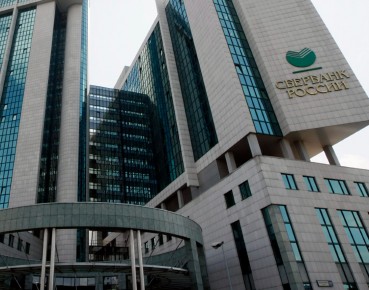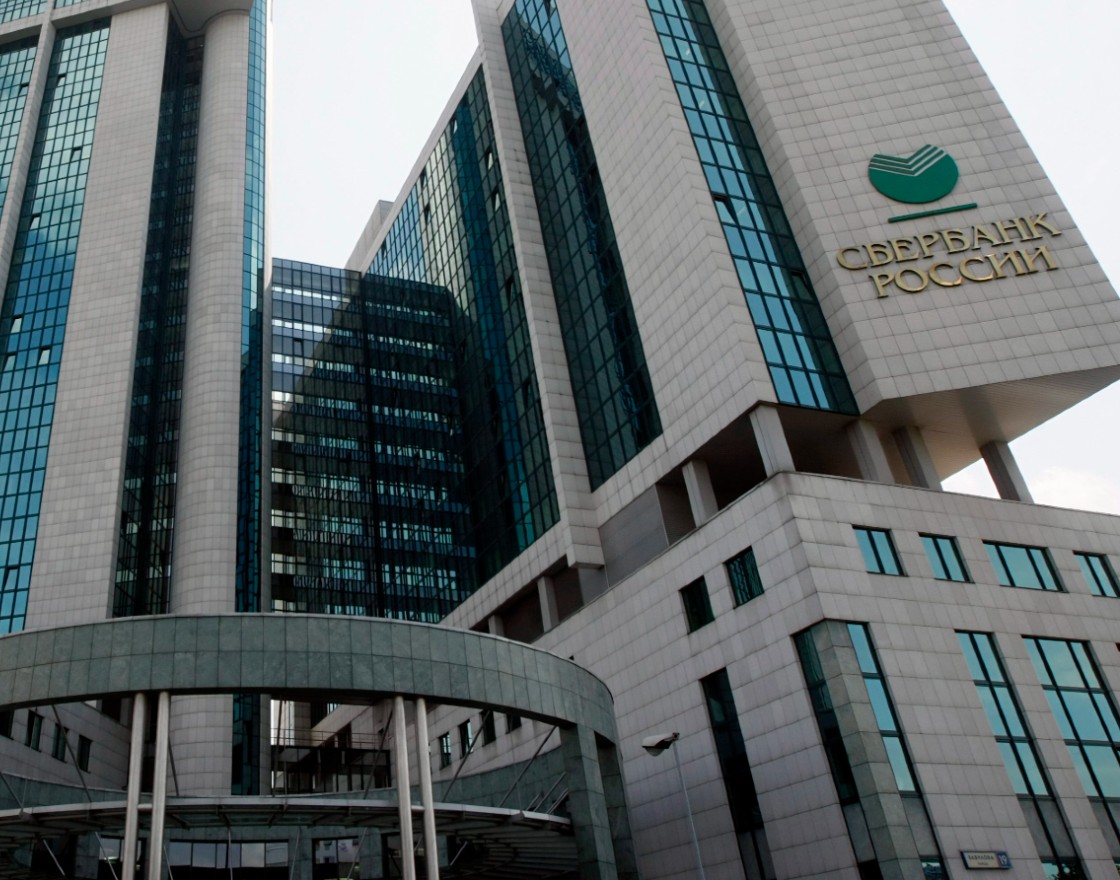Tydzień w gospodarce
Category: Trendy gospodarcze

Sberbank headquarters, Moscow, Russia (freeimage4life, Public domain)
In June 2020, the Russian business daily the Bell, informed about serious tensions between top managements of Russia’s largest bank Sberbank and the country’s biggest tech company Yandex. Citing four sources close to the negotiations between the two companies, the Bell reports that the disagreements have reached a point of no return. Although neither of the two companies was willing to provide any comments, the sources claim that a “divorce” could be announced as soon as mid-2020.
The two companies have been working together on the creation of what was supposed to be Russia’s largest B2C eCommerce ecosystem since April 2018 (read more). However, mutual disagreements have plagued the collaboration from as soon as the beginning of 2019. According to the Bell’s sources, one of the main issues was that Sberbank was hoping to achieve a much deeper integration with the tech platform of Yandex, going as far as considering buying a significant share in the company. This was not welcomed in Yandex’s headquarters. The bank also wanted that all payments were processed through their system, even if other banks were offering Yandex better terms, sources say.
Over time, it became clear that the two companies have too many competing interests to be working side by side — Sberbank works on similar projects with Mail.Ru Group, such as online-taxi or food delivery. Sberbank still has the ambition to create a “Russian Amazon”, but will not do it with Yandex which has its own plans and vision for the future. According to the Bell’s sources, Yandex is now going to buy out its share in Yandex.market and Sberbank will get shares in Yandex.money. The goal is for Yandex to be the only shareholder in Yandex.Market
Yandex.money will be completely taken over by Sberbank (it already holds 75 per cent of shares). At the same time Yandex will sell up to 5 per cent of its shares in order to raise money and buy out Sberbank from Yandex.market. The British-registered Millhouse Capital, from the portfolio of the Russian billionaire Roman Abramovich, along with the Russian VTB Bank, have already shown interest in the stocks.
Sberbank first entered a joint venture with Russian largest search engine company Yandex to develop the already existing Yandex’ Market platform. Combining the enormous technological capabilities of Yandex with the existing infrastructure and technological resources of Sberbank, the two Russian fintech giants hoped to develop a leading B2C eCommerce ecosystem.
The new business venture was valued at RUB60bn (USD1bn), and both partners owned equal stakes. “Using Yandex.Market as a basis for our new project we want to create a Russian Amazon,” CEO of Sberbank Herman Gref commented after the deal was signed back in 2018.
After the partnership was slated, the duo launched an online retailer Beru. The platform was integrated into the app Sberbank.Online. The plan was also to use Sberbank’s 5 to 6 thousand branches as pick up spots for delivery. The hopes were high. Fundamentally, Beru was an attempt to turn the shop aggregator Yandex.Market into a full-fledged online hypermarket, which would be selling its own products and services, in much the same fashion as Amazon does.
In its press release Sberbank wrote: “Since spring (2018), more than 1,000 sellers have placed about 100,000 items in 600 categories. The marketplace now has products for children, consumer appliances and electronics, home and summer residence goods, animal products, food products, cosmetics, as well as medicines. During the test period, users made more than 180,000 orders.”
However, the numbers proved to be rather unconvincing. In the first 9 months of 2018, Beru reached revenues of RUB1bn/month. For comparison, a similar platform Ozon reached a revenue of RUB42,5bn the same year.
Although the “divorce” between Sberbank and Yandex has to be officially announced, there are rumors that the Russian banking giant would like to purchase a stake in Russian’s leading online retailer – Ozon.ru.
Both the Bell and Reuters reported that Sberbank is already involved in negotiations regarding an acquisition of a significant stake in the Russian online retailer. “The proposed Ozon deal is part of Sberbank boss German Gref’s plan to create a one-stop technology platform offering a wide range of financial and other services,” Reuters reported.
Although the current shareholders — Sistema and Baring Vostok — are not willing to sell their positions in the company, there is still a way for the bank to participate. Sberbank could potentially acquire a 30 per cent stake in Ozon upon an additional issuance of shares, sources said. “Sistema declined to comment on the talks with Sberbank but said that there had been increased investor interest in Ozon as it was growing rapidly during the coronavirus pandemic,” Reuters say.
Analysts estimate that Ozon is currently valued at the USD1bn. A purchase of a 30 per cent share in the company would represent less than 1 per cent of Sberbank’s equity. Like other Russian eCommerce platforms, Ozon’s valuation improved significantly over the course of this year. This is in line with the current worldwide trend, whereby online sales are boosting amidst the spread of the coronavirus.
Filip Brokeš is an analyst and a journalist specializing in international relations.

